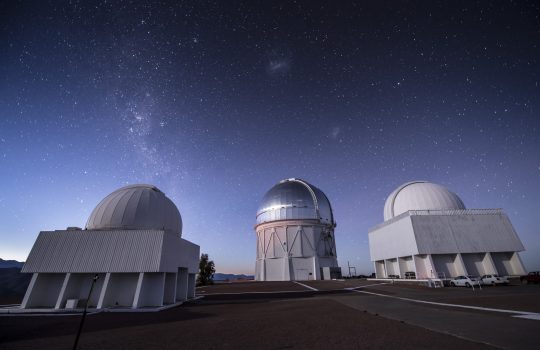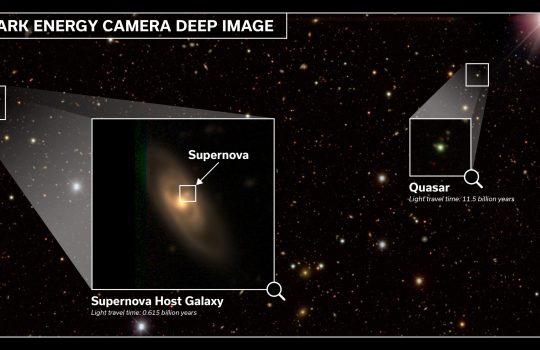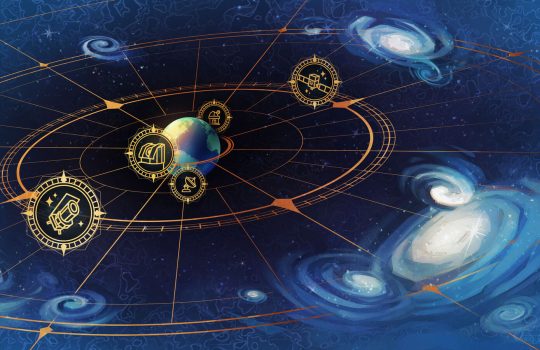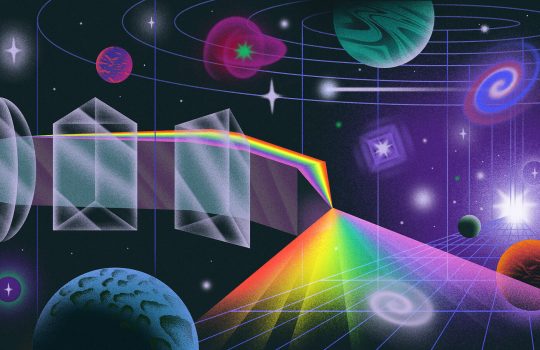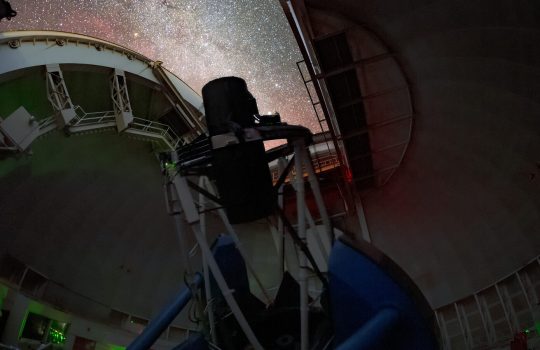More precise understanding of dark energy achieved using AI
University College London, March 11, 2024
A research team as part of the the Dark Energy Survey collaboration used artificial intelligence to research dark energy more precisely from a map of dark and visible matter in the Universe covering the last seven billion years. The new AI technique allowed researchers to use much more information from the maps than would be possible with the previous method.

